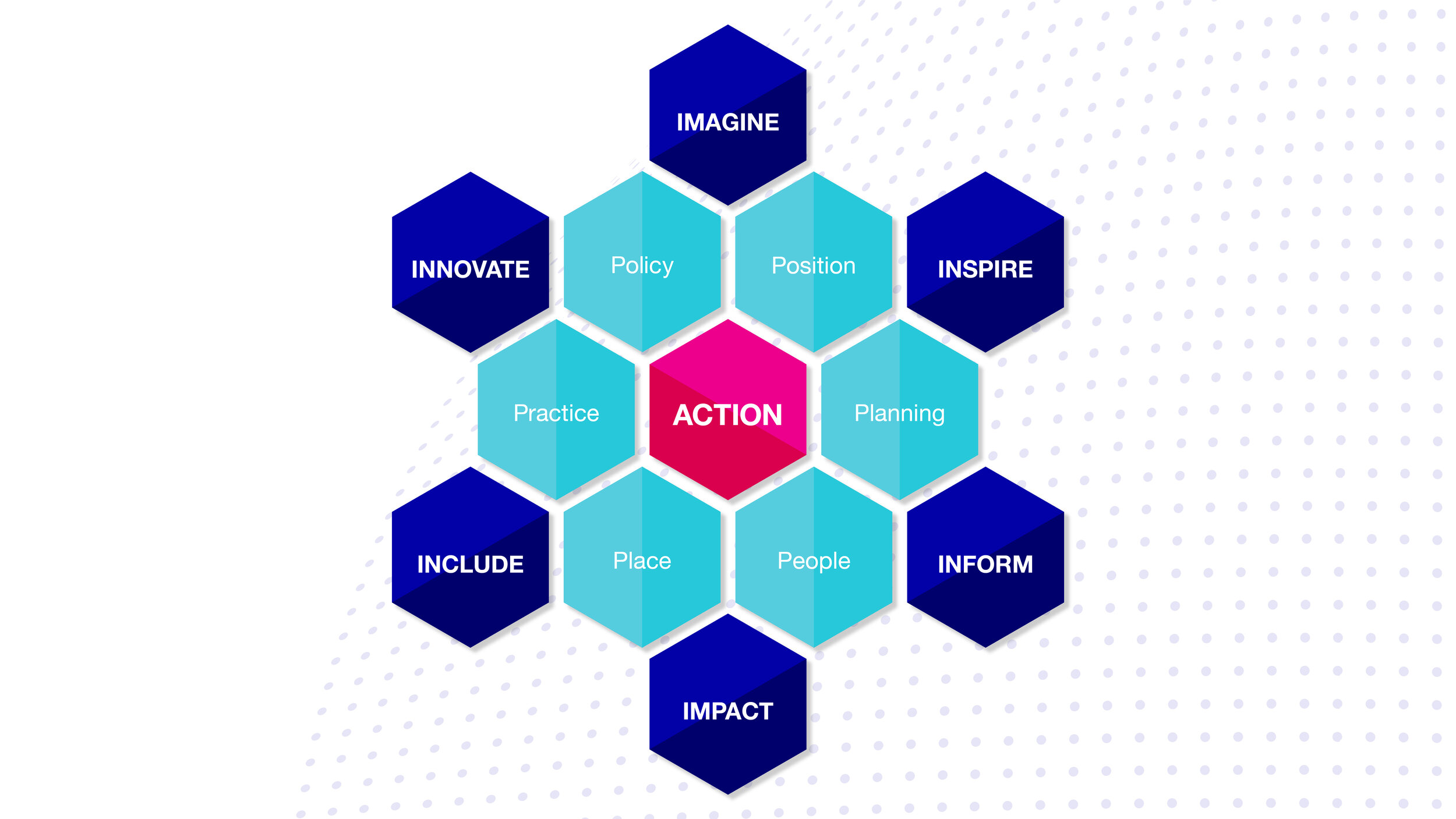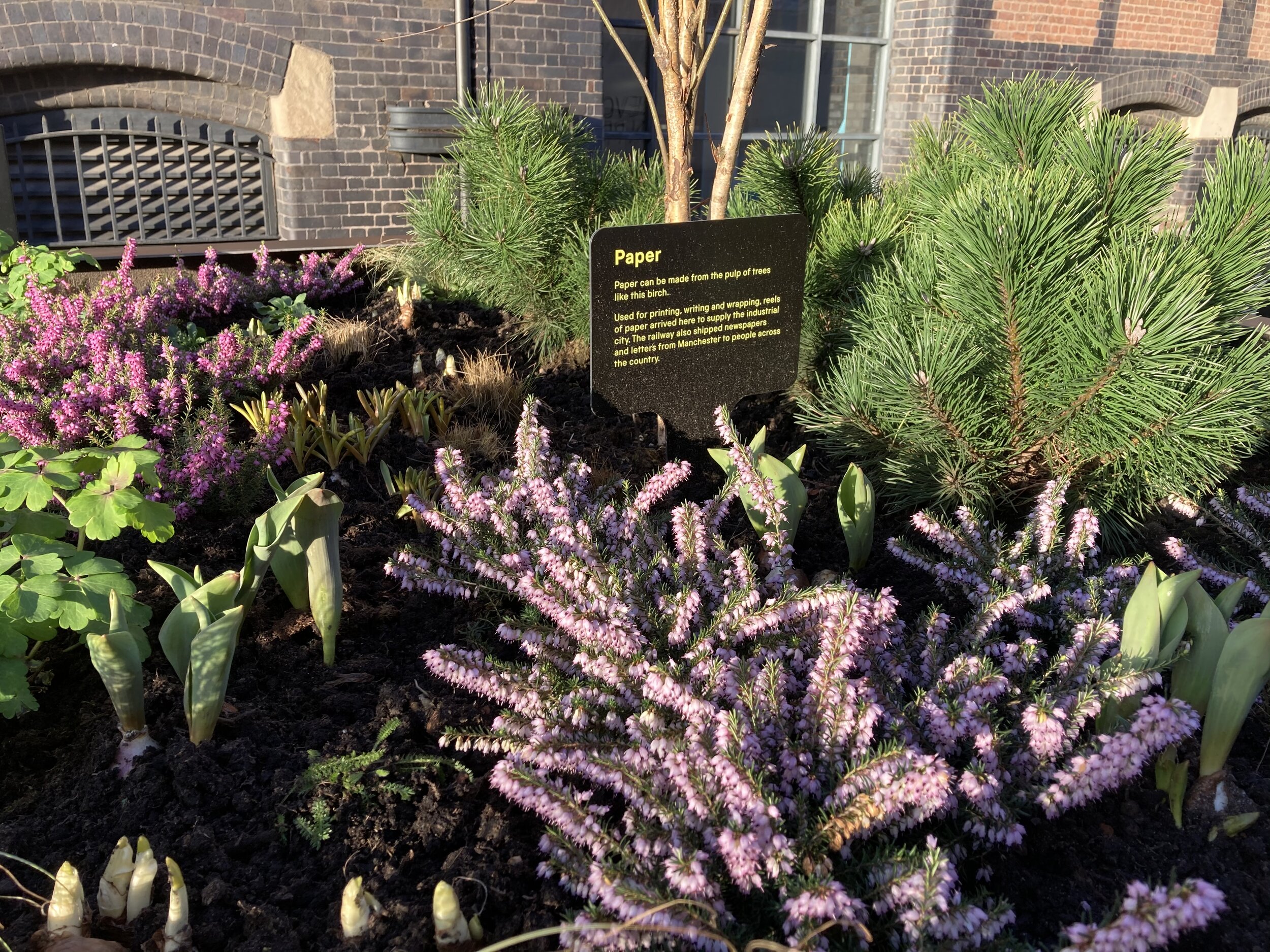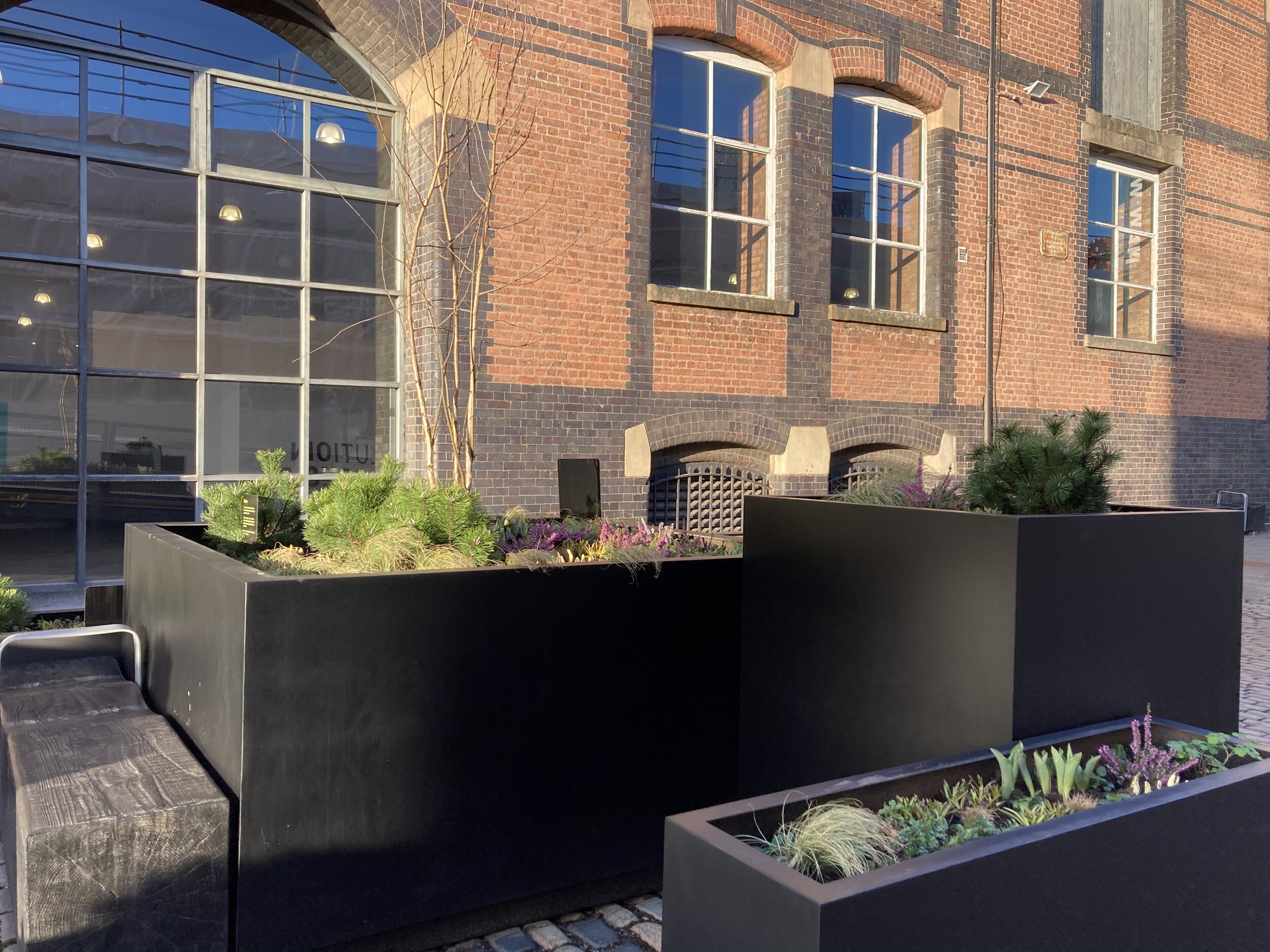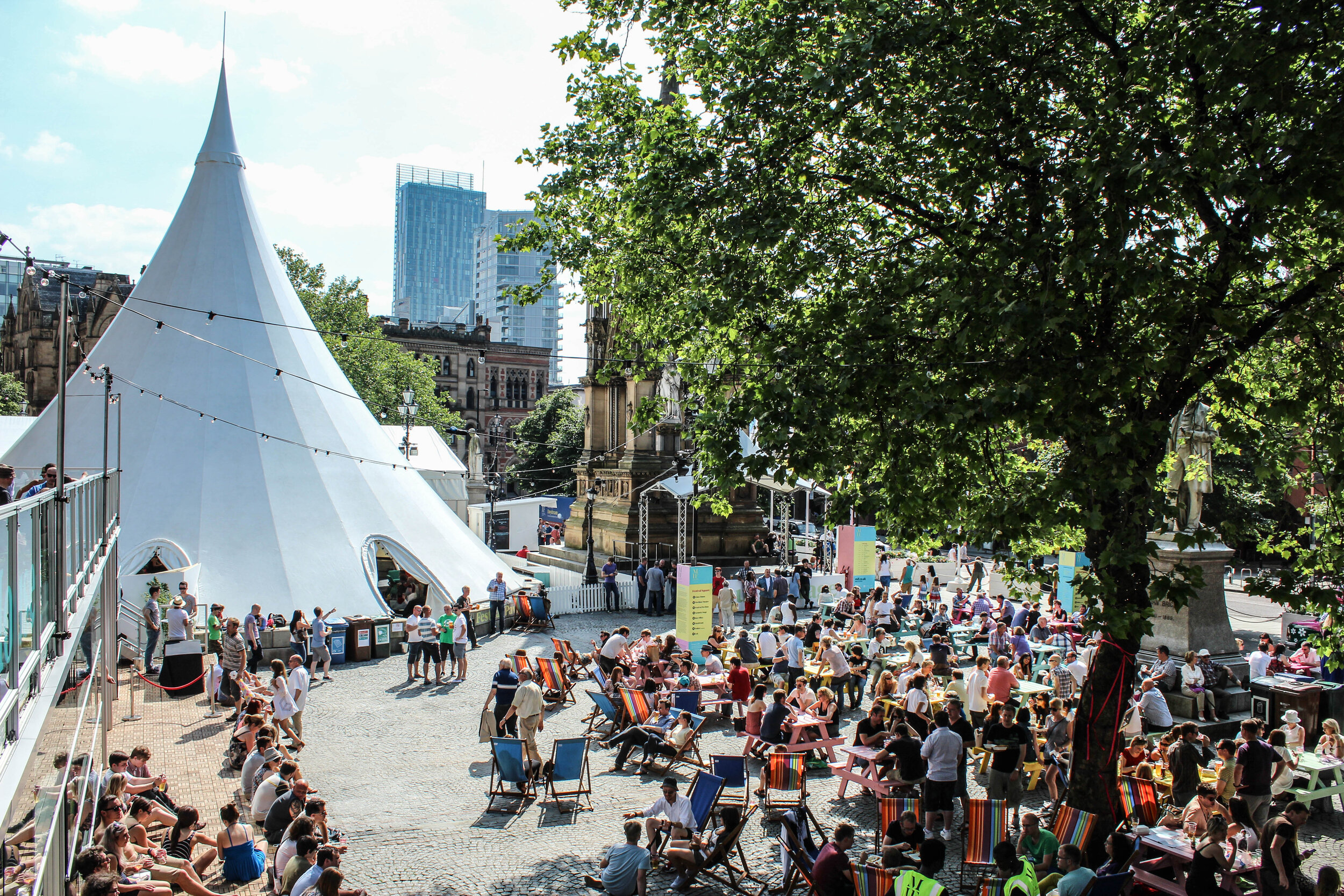
What Next?
10 years into our journey, our city region, its people and our sector are tentatively emerging from the Covid crisis – a crisis, like the climate and nature crisis, born of our failure to value and protect natural systems and habitats, a crisis during which those with the least have suffered the most.
We are at an unprecedented moment in time, following the red alert sounded by the Intergovernmental Panel on Climate Change’s 2021 Report on the causes, scale and consequences of the climate crisis and in the run-up to COP26 global climate summit in November 2021.

“Climate crisis is the biggest challenge we all face, and we believe it’s crucial that we keep doing more, particularly around Green Recovery. MAST is so important – for the past decade we have demonstrated the power of collective creative action. As the network continues to grow, so too does its commitment and ambition, with a wealth of skills, knowledge, and imagination. Together we can have a huge impact.”
Jon Gilchrist, Executive Director & Deputy Chief Executive, HOME
We know that this decade is critical to limiting global temperature rise and to protecting nature - of which we are part and upon which we depend.
We are far beyond the point of business as usual. It is the time for bold, urgent and rapid action, for a green and just recovery.

“We must not revert to how things were. We must strive to be the best we can and use this opportunity to look at the way we work with fresh eyes and put everything under the spotlight.”
Claire McIntyre, Office Manager, Octagon Theatre Bolton
As GMAST, we are ready to step up our ambition and action, scaling up across Greater Manchester.
We are committed to contributing to Manchester’s zero carbon 2038 ambition and one of ten pioneer sectors in the Manchester Climate Change Partnership working to align action with the Manchester Climate Change Framework 2020-25 and its 50% emissions reduction target by 2025.
Other key factors converging to speed us on our way are: Arts Council England’s work to support the sector on environmental responsibility as one of four investment principles in its ten-year strategy, Let’s Create 2020-2030; Manchester City Council’s work to align cultural and climate policy in line with its own zero carbon action plan, and; the renewed engagement of Manchester’s cultural leaders.

“NOW is the moment to forge a new model of collaborative creative climate leadership in the city – as part of a generational shift that ensures culture and creativity fully contribute to and are at the heart of zero carbon Manchester.”
Esme Ward, Director, Manchester Museum
Decarbonisation and emissions reductions are central to what we need to do as a sector, but there is also much more we can do.
We can innovate and demonstrate ways of doing things better and doing better things. We can connect with our communities, making the global local and relevant and inspiring change and action. And with the growing recognition of the injustice and inequality which underpin the climate and ecological crisis, the need to respond in an inclusive, open and collaborative way, is becoming an ever clearer priority for GMAST and those who are part of our network.

“Culture can help us imagine, it can inspire and inform. It must include all of communities. We need to inno-vate and through this leave some things behind. This is our impact; the time is now, and we must make the most of it.”
Simon Curtis, Convenor GMAST
“We will endeavour to increase the voice and power of groups that are otherwise underappreciated or little engaged on sustainability and climate action. This world is all of ours, and we need an inclusive plan moving forward, with diverse voices and experiences to get the most effective and just outcomes.”
Lewys Stocks, Operations Manager, Reform Radio
We have developed a new framework to support our sector to take action.
The framework speaks to the sector and gives space for meaningful responses depending on the ‘who, where, what and why’ of the many different types and sizes of organisations which make up our network and our sector.

“We are a music charity that works mostly with young people, to improve their lives through music. What kind of a youth focused charity are we if we don’t do all we can to preserve the planet that they will live in?”
Freddie Aitken, Operations and Finance Manager, Brighter Sound
A cultural response to local climate targets: the 6 Ps and 6 Is

It is a whole organisation approach with six areas of focus – the Ps.
Policy: Understanding and aligning to local science-based targets - How do we need to change?
Position: Understanding our impact - What does moving closer to net zero mean?
Planning: Developing our approach to action, adaptation, and resilience - What can we reduce now and in the future?
People: Engaging as widely as we can - What skills and capacity building do we need and who can we work with?
Place: Reducing impact when we bring people together for cultural experiences - How can we enable low and lower carbon choices?
Practice: Making changes in how we make our work to reduce consumption - What should we leave behind?
Around it sit strengths that culture can bring – the Is.
Imagine: Exploring what we want from our shared future - How can we unlock our collective creativity?
Inspire: Helping create an emotional connection - How can we enable others to act?
Inform: Navigating change - How can we help our communities?
Impact: Making the most of culture’s contribution - How can we demonstrate change?
Include: Putting communities and climate justice at the heart of what we do - Who is missing from the conversation?
Innovate: Empowering and celebrating change - How can we transform what we do?
It is about working collectively to reduce impacts and driving change in our communities.
We have established a new GMAST strategy group to help us develop our approach to putting this frame-work in place.
We are developing the GMAST model so it is fit for the future – looking at issues such as funding, distributed leadership and how we work effectively as a group with many more organisations now involved across Greater Manchester.
And we are looking at how we can best support sector ambition and action, building the skills and capacity we need for leadership and a green and just recovery and acting as collective voice for the sector in advocating for change and solutions.

“We know we have still have a long way to go. There is a brilliant community here, committed and active, and now we must take this to the next level. We need to create more opportunities to collaborate and work collectively. We need to focus on our work within communities. We must be bold and unsentimental as we leave things behind. This is an exciting and critical time and so we must also change asking ourselves what will best serve our sector and the people in our city-region.”
Simon Curtis, Convenor GMAST
Here are a few examples of the many different ways in which organisations are planning to take action:
Castlefield Gallery
Launching SUSTAIN a new two-year programme with the Aarhus Centre for Visual Art offering artists the opportunity to explore and develop low carbon artmaking, including a Slow (and low carbon) Travel Residency Exchange
Leigh Film Society
Planning a zero waste Film Festival in November 2021
M6 Theatre Company
Creating a sustainable procurement policy with a focus on local providers; adding sustainability clauses to touring contracts; switching to green website hosting; rolling out a programme to 700 schools to inspire social and environmental action, in collaboration with the Linking Network based on the film Bird Behaviour
Manchester Art Gallery
Exploring how the city's public collection can be used to help us understand history and shape the future through a Climate Justice Gallery, due for installation in 2022, a project led by the gallery’s Climate Justice Group, made up of gallery staff, activists and artists based in Manchester
Manchester International Festival
Working with industry partners to test and pilot innovative sustainability technology in The Factory; exploring and developing models of sustainable production and transportation to support its international work; developing sustainability training modules through The Factory Academy - a partnership programme to train the next generation of professionals and diversify the sector’s workforce
Manchester Museum
Creating a nationally significant co-working hub of cultural environmental action bringing together museum staff, educators, environmentalists, artists, researchers, third sector organisations and students, coordinated by an innovative new post shared between Manchester Museum and the Carbon Literacy Project – part of Roots & Branches a new two-year partnership project between the Museum, the Carbon Literacy Project and Museum Development North West which aims to accelerate the museum sector’s ability to respond to the climate and ecological crisis
Science and Industry Museum
Investing £4.3m from the Government’s Public Sector Decarbonisation Scheme in combining the original and modern for a sustainable museum of the future - harnessing the power of the ground water in the site’s 19th century well by installing a new water source heat pump network and a range of other low and zero carbon technologies
Vectar Project
Working towards becoming the first carbon neutral film studio and post production facility in the UK; extending the use of remote direction for films produced in its studios with major clients in the USA and Europe
Without Walls
Announcing the next round of its Blueprint R&D artist investment which includes several projects seeking to embed sustainability principles through their production
Z-Arts
Working with Manchester City Council on investing £0.75 million from the Government’s Public Sector Decarbonisation Scheme in measures including roof and window insulation, solar panels coupled with battery storage and ventilation/heat pump units removing gas heating from specific areas

Planting Stories, Science and Industry Museum

Wired Aerial, As the World Tipped, Without Walls - Photo: James Mulkeen

Planting Stories, Science and Industry Museum









